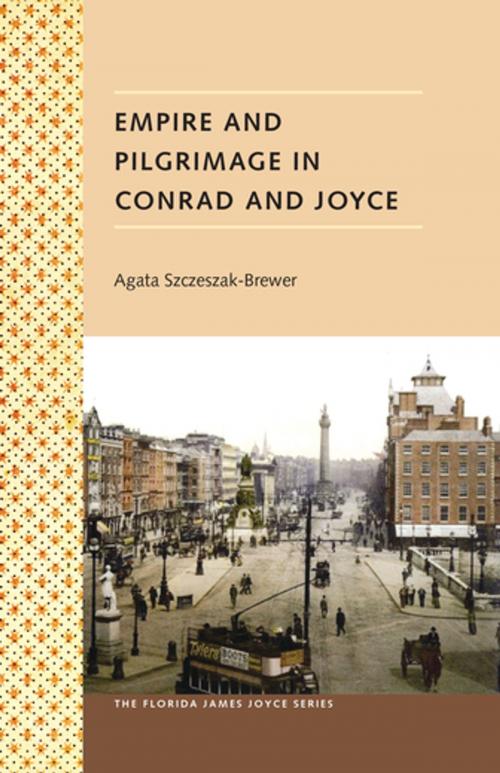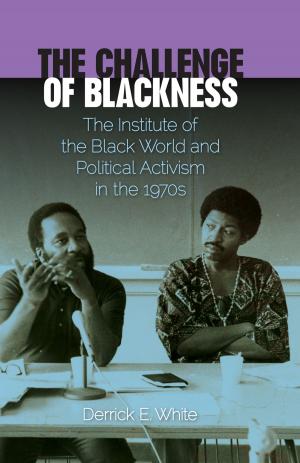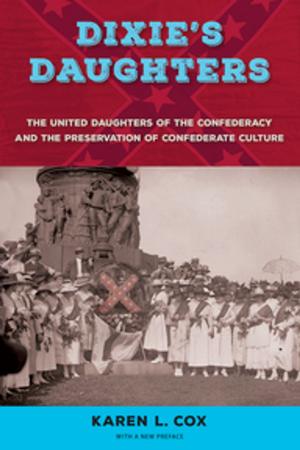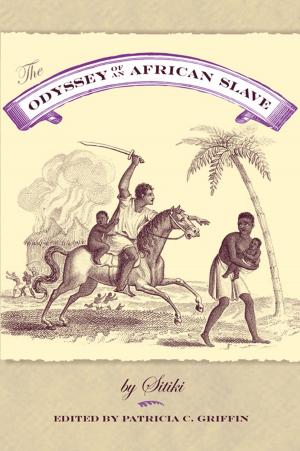Empire and Pilgrimage in Conrad and Joyce
Fiction & Literature, Literary Theory & Criticism, British, Nonfiction, Entertainment, Drama, Anthologies| Author: | Agata Szczeszak-Brewer | ISBN: | 9780813063102 |
| Publisher: | University Press of Florida | Publication: | June 27, 2017 |
| Imprint: | University Press of Florida | Language: | English |
| Author: | Agata Szczeszak-Brewer |
| ISBN: | 9780813063102 |
| Publisher: | University Press of Florida |
| Publication: | June 27, 2017 |
| Imprint: | University Press of Florida |
| Language: | English |
"Original and significant. This book shows us how Conrad and Joyce manipulate representations of imperialist belief in the sacred to indict Western culture for its racist colonization. This striking reading of modernism emphasizes Conrad's and Joyce's use of chaos in general and pilgrimage in particular in terms of mapmaking, racial denigration, and strategies of power. Szczeszak-Brewer makes spectacular connections between sacred language, nation building, and literary representation."--Georgia Johnston, author of The Formation of Twentieth-Century Queer Autobiography Though they were born a generation apart, Joseph Conrad and James Joyce shared similar life experiences and similar literary preoccupations. Both left their home countries at a relatively young age and remained lifelong expatriates. Empire and Pilgrimage in Conrad and Joyce offers a fresh look at these two modernist writers, revealing how their rejection of organized religion and the colonial presence in their native countries allowed them to destabilize traditional notions of power, colonialism, and individual freedom in their texts. Throughout, Agata Szczeszak-Brewer ably demonstrates the ways in which these authors grapple with the same issues--the grand narrative, paralysis, hegemonic practices, the individual's pilgrimage toward unencumbered self-definition--within the rigid bounds of imperial ideologies and myths. The result is an engaging and enlightening investigation of the writings of Conrad and Joyce and of the larger literary movement to which they belonged.
"Original and significant. This book shows us how Conrad and Joyce manipulate representations of imperialist belief in the sacred to indict Western culture for its racist colonization. This striking reading of modernism emphasizes Conrad's and Joyce's use of chaos in general and pilgrimage in particular in terms of mapmaking, racial denigration, and strategies of power. Szczeszak-Brewer makes spectacular connections between sacred language, nation building, and literary representation."--Georgia Johnston, author of The Formation of Twentieth-Century Queer Autobiography Though they were born a generation apart, Joseph Conrad and James Joyce shared similar life experiences and similar literary preoccupations. Both left their home countries at a relatively young age and remained lifelong expatriates. Empire and Pilgrimage in Conrad and Joyce offers a fresh look at these two modernist writers, revealing how their rejection of organized religion and the colonial presence in their native countries allowed them to destabilize traditional notions of power, colonialism, and individual freedom in their texts. Throughout, Agata Szczeszak-Brewer ably demonstrates the ways in which these authors grapple with the same issues--the grand narrative, paralysis, hegemonic practices, the individual's pilgrimage toward unencumbered self-definition--within the rigid bounds of imperial ideologies and myths. The result is an engaging and enlightening investigation of the writings of Conrad and Joyce and of the larger literary movement to which they belonged.















